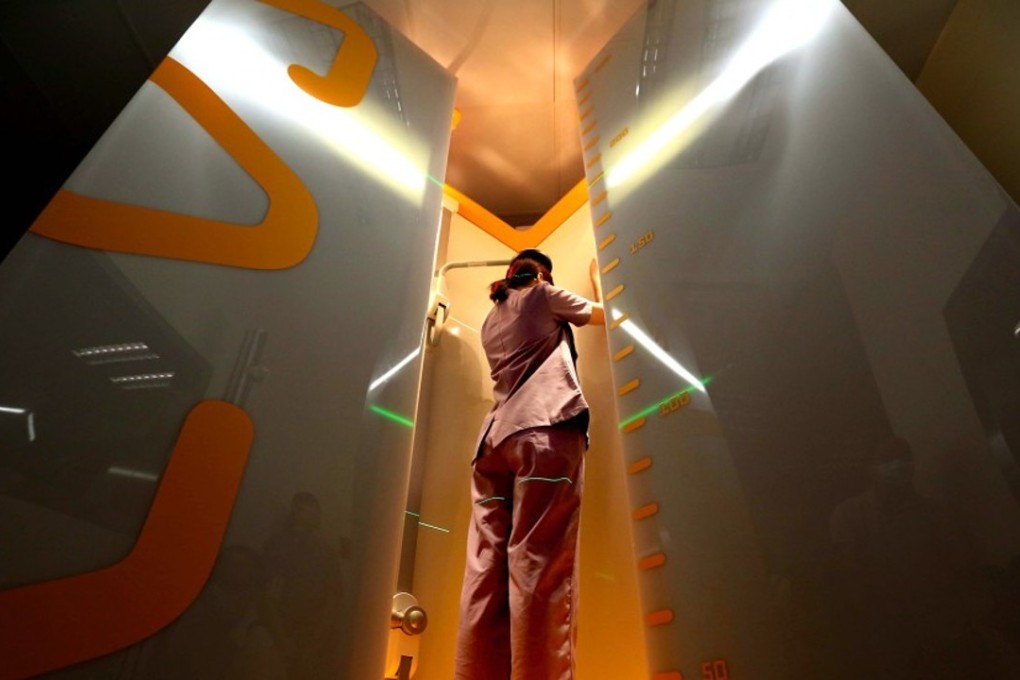‘X-rays can be a double-edged sword’: Radiation also found to have beneficial effect of boosting cell’s batteries to slow ageing
Chinese scientists claim low dosages can increase rate at which mitochondrial DNA replicates, which could be used to ward off degenerative diseases

A small amount of radiation exposure from X-rays can increase the lifespan of mitochondria - the “batteries” that energise the body’s cells - a finding that has both positive and negative implications for our health, according to a new study by a team of Chinese scientists.
The team, led by Professor Zhang Hong with the Chinese Academy of Sciences’ Institute of Modern Physics in Lanzhou, in western China’s Gansu province, reported their findings in a paper published recently in the journal Scientific Reports.
They observed for the first time that reactive oxygen species generated by ionised radiation can actually increase the rate at which mitochondrial DNA replicate.
Mitochondria are tiny rod-like structures that store a small but diverse packet of genetic material. They can be considered the cell’s power plants as they convert energy from food into cellular fuel, and they are believed to play a key role in ageing and diseases like Alzheimer’s and caner.
But like batteries, each mitochondrion eventually reaches the end of its lifespan. When this happens, the parts of the DNA that work like tireless mechanics to repair damage to the mitochondria stop replicating.
As the mitochondria expire one after another, the cell gradually loses its energy supply and dies.